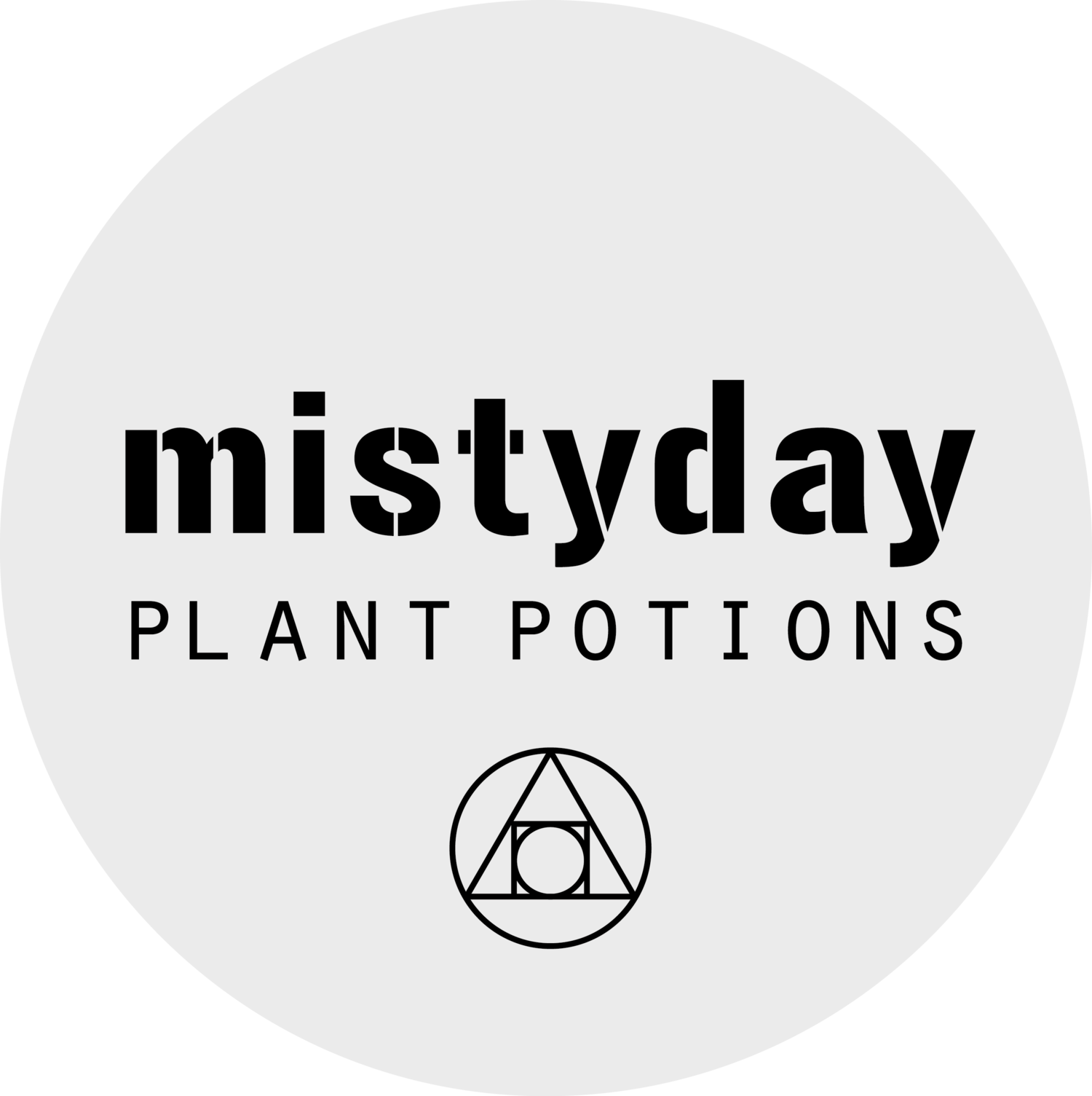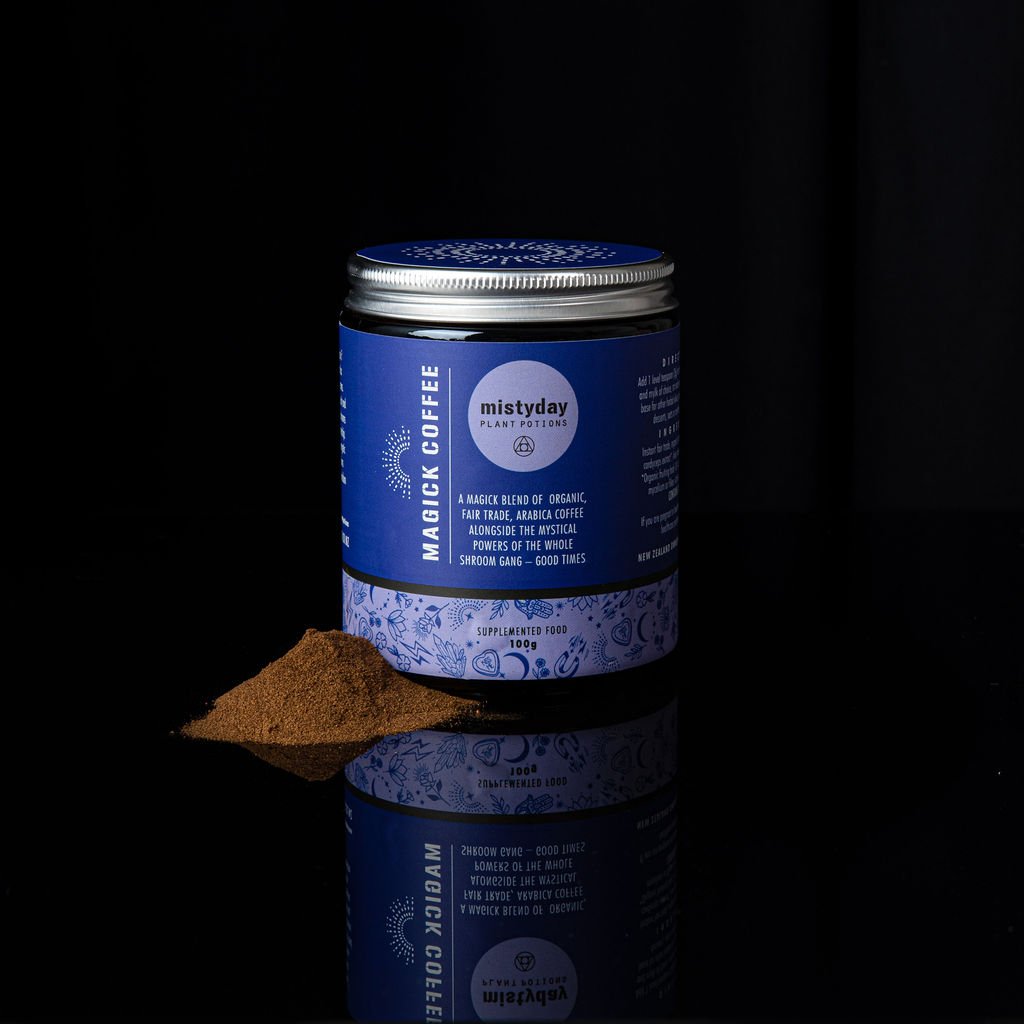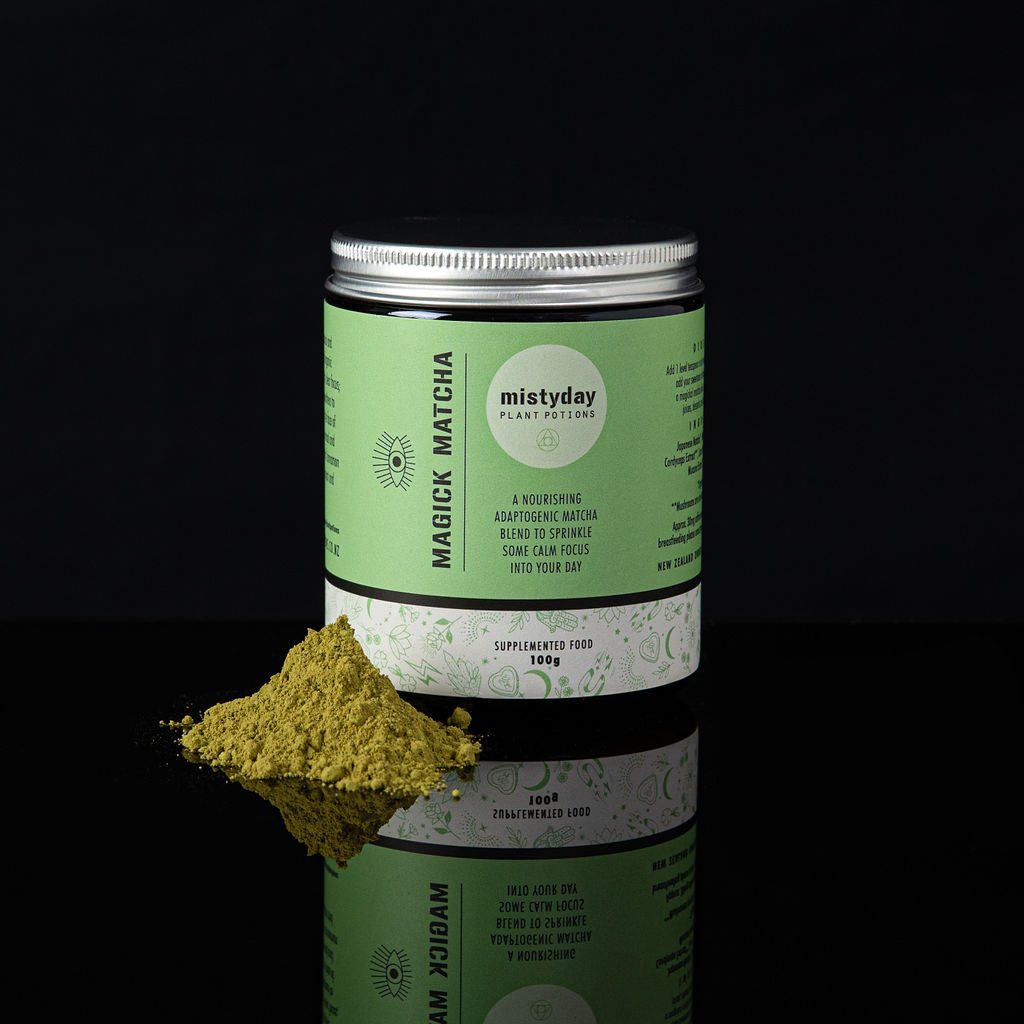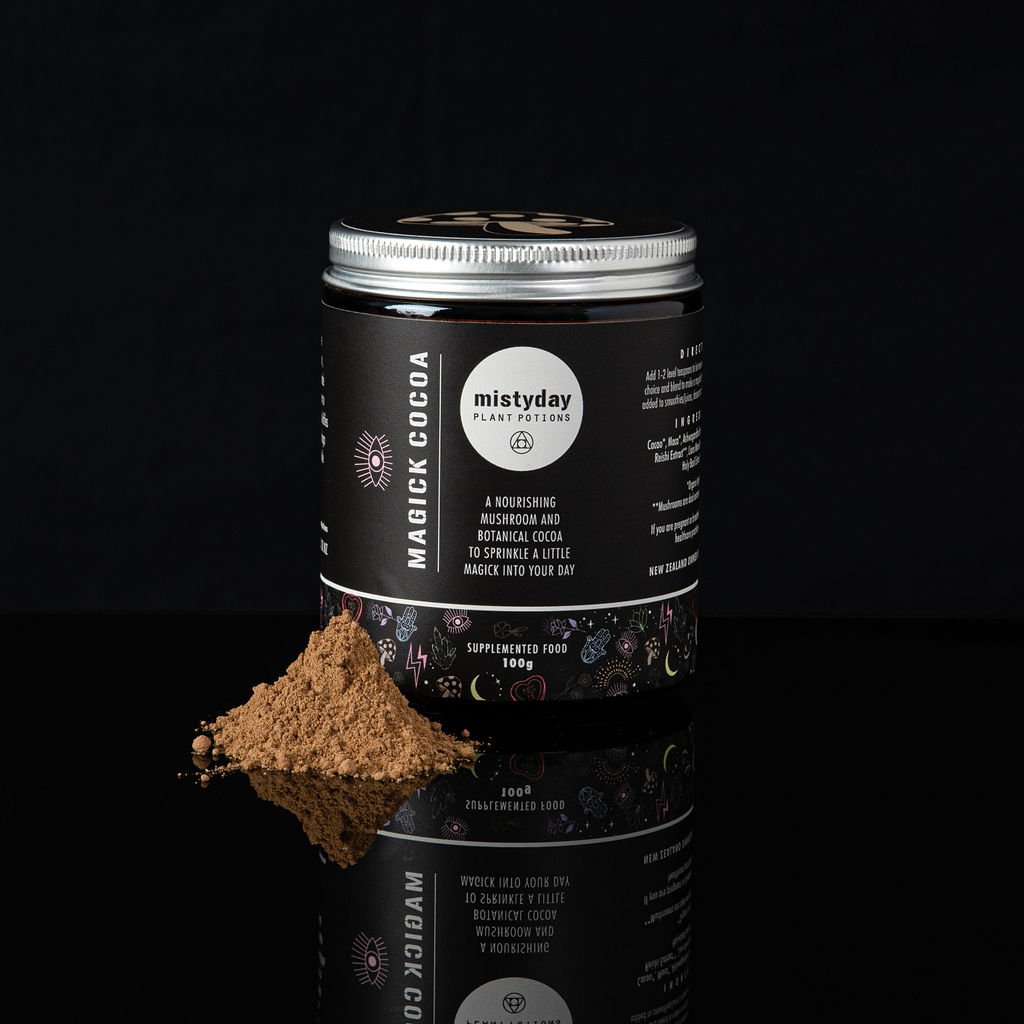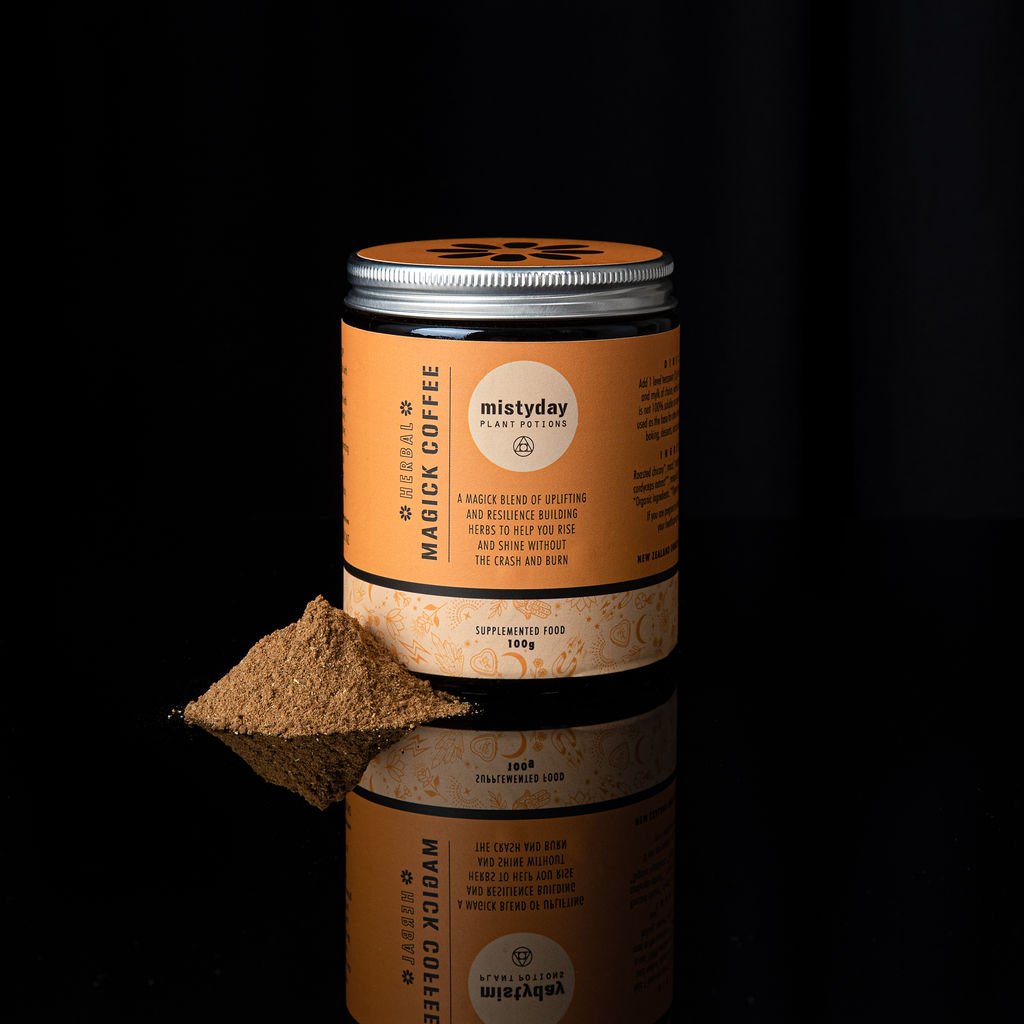COULD YOU BE SENSITIVE TO caffeine?
Caffeine. We love it. We hate it. We love the coffee dates and the limitless feeling but we don’t love the jitters and the comedown. From a health perspective, there is no real consensus as to whether its great for us or terrible for us, but for some sensitive folks - it can be cause a whole raft of issues. So lets look into what it is and what it does and why you might be more sensitive to its deleterious effects.
What is Caffeine?
Caffeine is a natural stimulant belonging to a class of compounds known as xanthines. Chemically, it is an alkaloid, a bitter-tasting compound found in various plants. Its chemical formula is C8H10N4O2. Caffeine is known for its stimulatory effects on the central nervous system, making it one of the most widely consumed psychoactive substances in the world. I think really it is one of the only drugs that many people consume on a daily basis IN THE MORNING!! It has a half life of around 5 hours in most folks.
Caffeine is present in many different sources, from coffee, guarana and mate , which contain around 80-120mg of caffeine per cup, to tea which provides around half that, to cocoa which contains small amounts, to energy drinks which can contain 160mg!
Chemical and Physiological Effects of Caffeine:
We all know that caffeine wake us up, gives us the will to live, and generally makes mornings more pleasant but what is it actually doing to your body? Well, caffeine's effects on the body are mainly due to its interaction with our central nervous system and several neurotransmitters. Here are some key physiological and chemical effects:
Adenosine Receptor Blockade- Caffeine works by blocking brain receptors that promote relaxation and sleepiness. Adenosine, a neurotransmitter that causes calmness, binds to these receptors to make us sleepy. When we consume caffeine, it competes with adenosine for these receptors, preventing adenosine from making us calm. Instead, caffeine increases alertness, reduces fatigue, and wakes us up. However, once the caffeine wears off and no longer blocks the receptors, the accumulated adenosine may make us feel tired again. Maybe another cup of coffee to keep us awake?
Release of Neurotransmitters: Caffeine's interaction with adenosine receptors triggers the release of several neurotransmitters, including dopamine, norepinephrine, and acetylcholine. This release of neurotransmitters contributes to caffeine's stimulating effects on mood, attention, and cognitive function. This might be the reason why its easier to write that blog post in the morning after your coffee rather than in the evening?
Stimulation of the Central Nervous System: Caffeine boosts the central nervous system by preventing adenosine receptors from working and increasing the release of neurotransmitters. This causes more alertness, better focus, and improved physical performance. It's commonly used to improve how well we perform and can be found in various sports supplements.
Effects on Metabolism: Caffeine affects metabolism by influencing the release of adrenaline, a hormone that helps the body prepare for emergency situations. This can lead to a temporary increase in energy by converting stored glucose into usable energy. However, activating the fight or flight response can be problematic, especially if you are already stressed.
Diuretic Effect: Caffeine makes you pee more because it stimulates the kidneys. But it's not a big deal as long as you don't have too much caffeine. Just drink some water with your coffee to balance it out!
sounds great - makes you feel more alert, increases motivation, improves physical performance, what’s not to like!?
CAFFEINE SENSITIVITY
Well, most people can have a daily cup or two of coffee in the mornings and be absolutely fine. Some folks can even drink coffee at night and sleep like a baby. Then for some people, they can just get a whiff of coffee and feel terrible. The most commonly reported symptoms of caffeine overdose or sensitivity are those you would expect from a nervous system stimulant - increased heart rate, anxiety, restlessness, irritability and agitation, insomnia and poor sleep quality, headaches, muscle tremors and stomach upsets.
So what makes some people able to tolerate caffeine and others not? Here are four common factors that can reduce the metabolism of caffeine meaning you might be more likely to get the less favourable effects when you have a coffee or two.
Genetic factors Variations in genes that influence caffeine metabolism, such as CYP1A2, can determine how quickly or slowly caffeine is broken down in the body. Caffeine has a half life of around five hours in some people but genetic variations can increase or decrease this timeframe.
Age Increasing age is shown to lead to a slower caffeine clearance. That means the same amount of coffee that someone has been drinking in their younger years, suddenly has an amplified effect. This can cause anxiety, irritability, jumpiness, difficulty with sleep, sleeplessness and palpitations. This has definitely happened to me as I have aged!
Hormones Pregnancy, women on the OCP and HRT are thought to metabolise caffeine more slowly. This means that they may have a low tolerance to caffeine and be more likely to experience symptoms such as sleeplessness and anxiety. There is research out there to suggest that women may have a different tolerance to caffeine throughout their cycle.
Alcohol Intake Research has shown that drinking around 3 standard drinks a day may reduce caffeine clearance by around 33% resulting in a higher likelihood of the negative effects of caffeine consumption such as jitters, anxiety, insomnia and palpitations. Furthermore mixing alcohol and caffeine can lead to elevations in blood pressure - maybe that espresso martini is not such a great idea! This research had me thinking about hangxiety, the anxiety that affects people the day after drinking alcohol. Could the night befores alcohol intake be enhancing and prolonging the stimulating anxiety inducing effects of the next days coffee!?
caffeine withdrawal
So you are finding that caffeine is no longer the great pick me up but every time you try to give it a miss, you end up with a whole raft of issues - sleepiness, headaches, irritability, constipation and not being able to concentrate! Well, my friend, you are suffering from drug withdrawal.
Caffeine withdrawal is a set of symptoms that occur when a person who regularly consumes caffeine abruptly reduces or discontinues their caffeine intake. These withdrawal symptoms can range from mild to severe and can be quite uncomfortable. In fact they can be so uncomfortable that many people find it impossible to quit.
The best way to eliminate caffeine from your life without too many withdrawal symptoms is to take the slow and steady approach rather than going cold turkey. As someone who loves a cup of coffee but finds that it can initiate palpitations ( which is never fun) cutting out coffee is something that I do relatively regularly. I have a regime that I follow to minimise the withdrawal symptoms and to support the nervous system.
MIStys caffeine withdrawal protocol
DRinks to substitute with to slowly withdraw
WEEK ONE Substitute your morning coffee with Magick Coffee . This is a 50/50 blend of organic, fair trade, Tanzanian coffee and reishi, cordyceps, chaga and lions mane extracts. This blend contains caffeine but each spoon of coffee is 50% mushroom extract. This means you are reducing your caffeine intake by half while supporting your nervous system with magickal mushroom extracts.
WEEK TWO Start substituting your Magick Coffee with Magick Matcha . This is a blend of organic Japanese matcha straight from the grower, with my favourite energizing adaptogens and nervous system tonics. This blend also contains caffeine but less again than Magick Coffee. Matcha naturally contains an amino acid called theanine which promotes calm focus, whilst adaptogens maca, ashwagandha, eleuthero and cordyceps support you against the stresses of giving up caffeine!
WEEK THREE Start substituting your Magick Matcha with Magick Cocoa. This is a blend of organic fair trade cacao straight from the Peru, with energizing ashwagandha and maca alongside functional mushrooms reishi, cordyceps, chaga and lions mane . This blend contains a very small amount of caffeine, for most folks it will not have any stimulating effect but for those very sensitive it will.
WEEK FOUR Start substituting your Magick Cocoa with Magick Herbal Coffee. Its a blend of magick roots dandelion, maca, chicory and suma alongside magickal seed pods from mesquite and carob, fungi cordyceps and spice stars star anise and cinnamon. All together these herbs make a beautiful coffee like tipple with zero caffeine that not only tastes good but also supports healthy digestion, detoxification and a resilient response to stress.
You are now caffeine free!!
Buy all four here and get $25 dollars off.
Other supportive practises and supplements
Drink plenty of water
Minimise alcohol to enhance your caffeine metabolism
Take magnesium supplements to calm the nervous system. Magnesium is also depleted by caffeine so you may already be deficient! My favourite is Ethical Nutrients Mega Magnesium Powder
Get daily exercise
